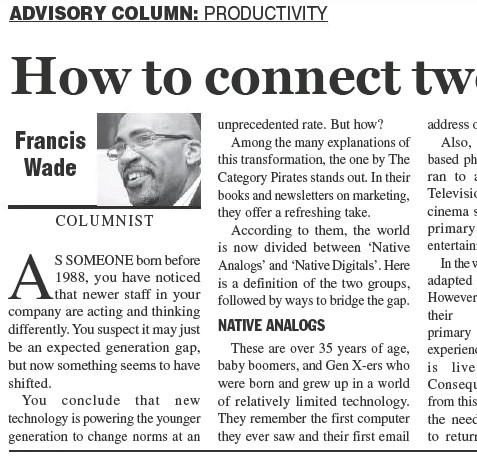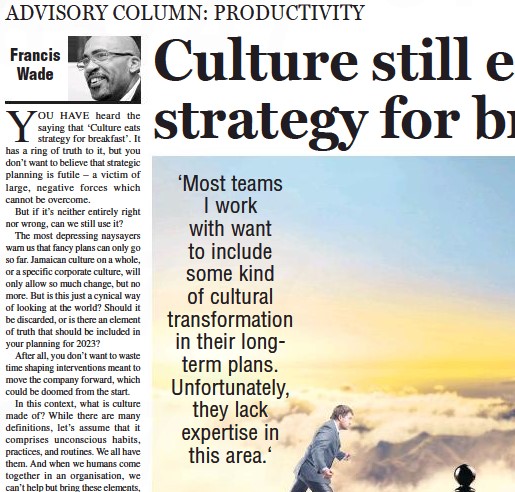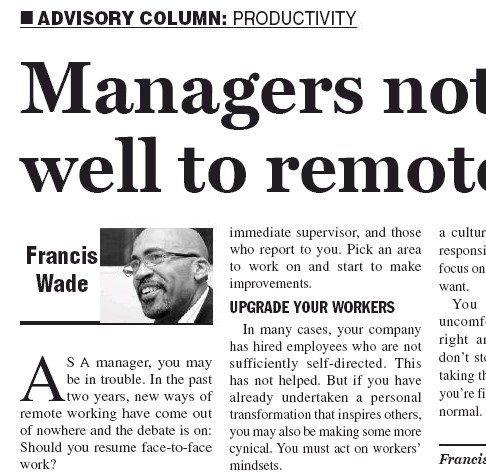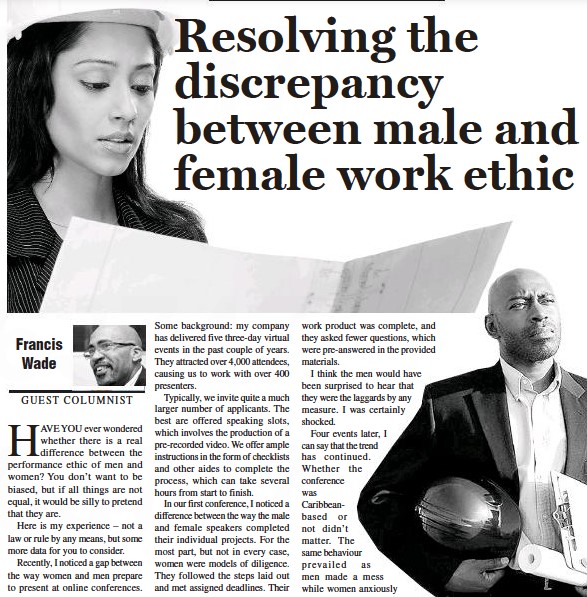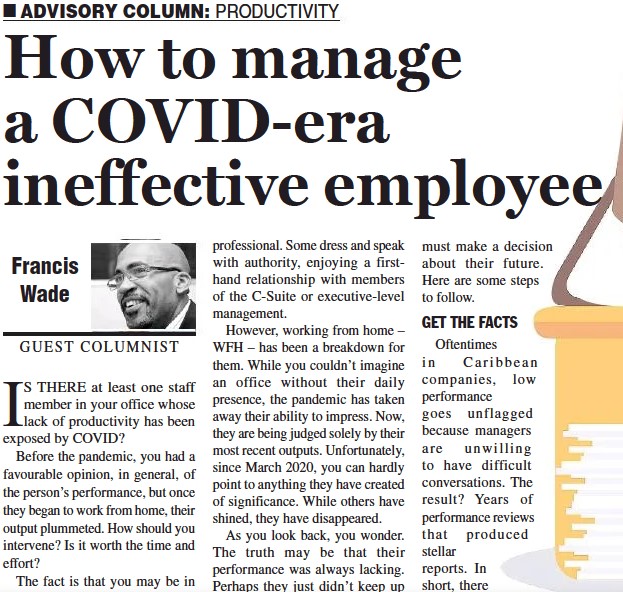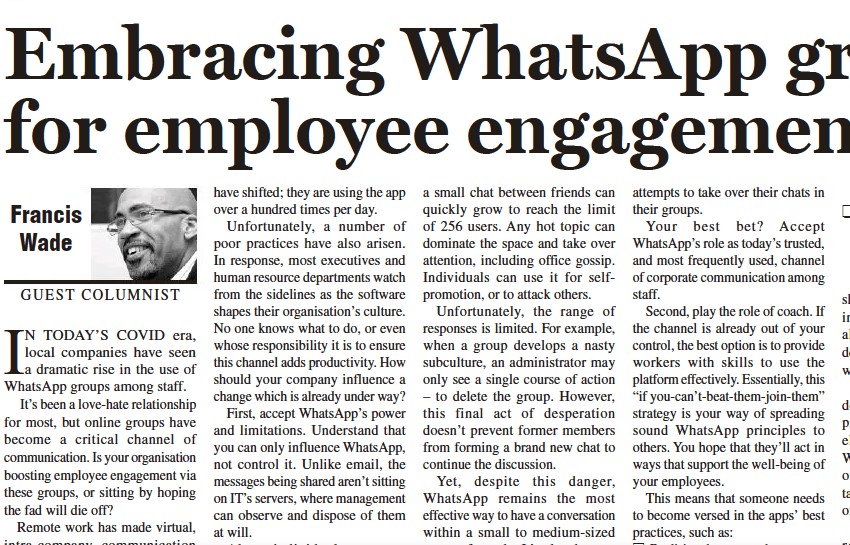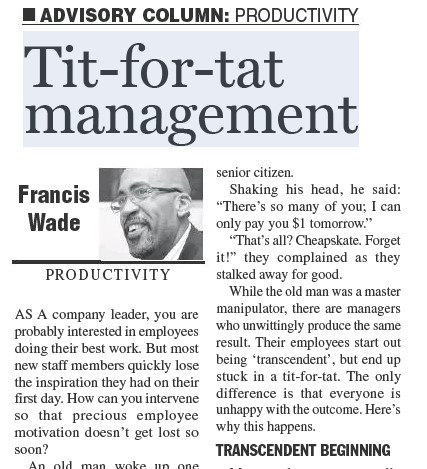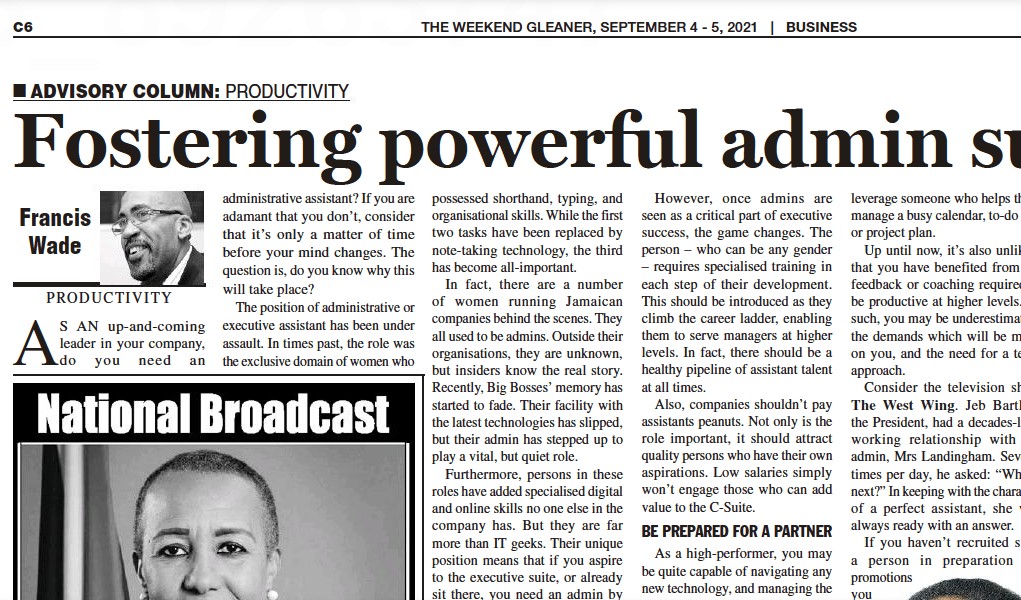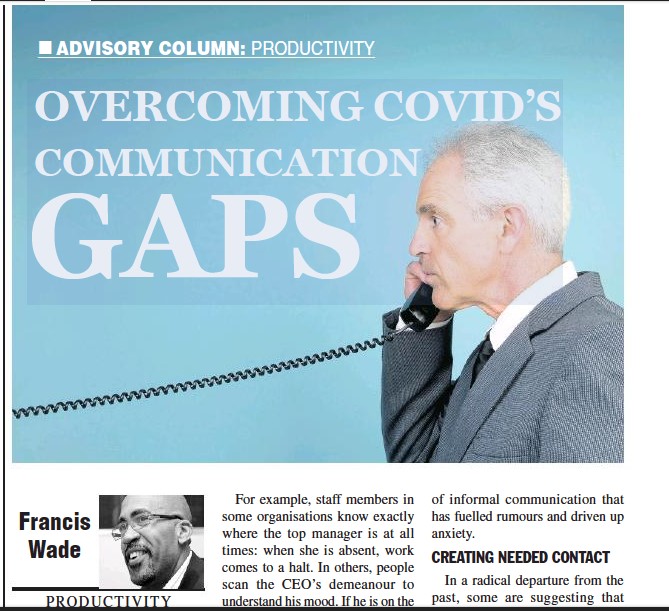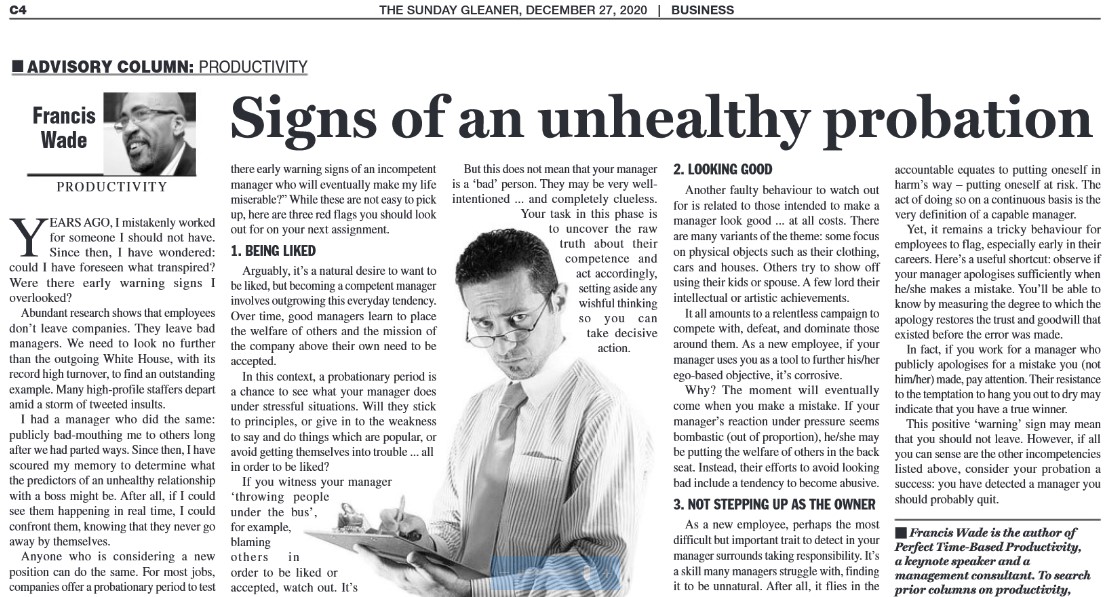As someone born before 1988, you have noticed that newer staff in your company are acting and thinking differently. You suspect it may just be an expected generation gap, but now something seems to have shifted.
You conclude, new technology is powering the younger generation to change norms at an unprecedented rate. But how?
Among the many explanations of this transformation, the one by The Category Pirates stands out. In their books and newsletters on marketing, they offer a refreshing take.
According to them, the world is now divided between Native Analogs and Native Digitals. Here is a definition of the two groups, followed by ways to bridge the gap.
1. Native Analogs
These are over 35 years of age, Baby Boomers and Gen Xers who were born and grew up in a world of relatively limited technology. They remember the first computer they ever saw, and their first email address on the “world wide web”.
Also, when their land-based phones rang, they ran to answer them. Television, radio and cinema screens played primary roles in their entertainment.
In the workplace, many have adapted to a digital reality. However, their primary experience is live and in-person. Consequently, executives from this era don’t question the need for employees to return to the office post-COVID. After all, it’s obvious: this is how real work takes place.
Unfortunately, a return to a single physical location isn’t for everyone. To some Native Analogs, staff who resist the mandate are probably being lazy. Or wilfully ignorant of the historical fact that the company’s success was built on face-to-face contact which Zoom can never replicate.
Their reluctance to confront this reality is thought to be born of slackness. They need more discipline if they hope to be successful.
But what if that explanation so accepted by Native Analogs only makes sense in their world? The Category Pirates offer a revolutionary answer: there is another world which has arisen that Native Analogs cannot comprehend without effort.
- Native Digitals
According to the Pirates, Native Digitals represent a new category of human being. Because it’s being birthed in the open, the older generation is missing its significance.
The Pirates posit that this new generation is not “physical first, digital later” but the opposite…”digital first, physical later”. In other words, their primary reality is not physical, but digital.
About a decade ago, I once met a diaper-clad toddler playing with a tablet. After a few minutes, he set it aside to do something on the PC. The fact that the child could barely talk was a shock. How could this be happening?
Obviously, such an immersion in the digital world would have an impact on the individual. But the Pirates explain that this is a generational shift. Today’s Native Digitals tour the foreign physical world, so they can bring their experiences back to share in their online world.
As such, in the US 58% of workers say they would “absolutely” look for a new job if they had to return to the office. And Jamaican companies complain that they can’t find employees.
As a young Kingstonian explained to me, “I quit my local face-to-face job to work remotely for a company in California.”
Apparently, a traditional analog position is what you take when nothing else is available on Linkedin. Instead of rising the corporate ladder, the new generation wants an independent income from a place like YouTube. You can expect them to leave your organization as soon as they believe it’s within their grasp.
But this is more than a change in work preferences. Native Digitals increasingly buy products, services, experiences and transformations in their digital lives instead of their analog lives. Their choices are transforming all kinds of industries at scale. For example, remember when Jamaica had a cinema in every town, rather than one on each mobile screen?
- Adapting to the Change
If there truly is a new category of human emerging, we need to pay attention. This happens only once per few hundred years. But more importantly, the future of your business may be at stake.
At the moment, some 62% of managers are millennials and that number is steadily increasing. At some stage, it will hit a tipping point.
Unfortunately, we Jamaicans like to mentor downwards to younger people still paying their dues. As a result, we suppress young talent to hide old ignorance and incompetence. Obviously, that approach won’t succeed.
A better path is to find some Native Digitals to work with, if you are a Native Analog. And the opposite is also true. Neither side has a complete picture, but working together could predict your company’s success, or even its survival.

